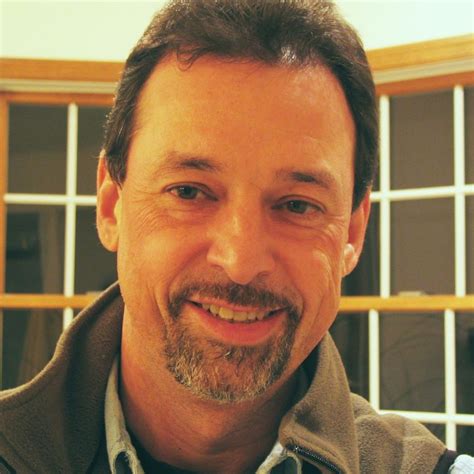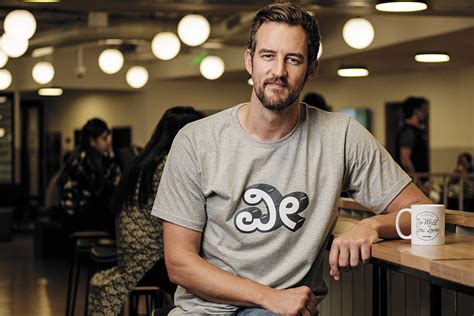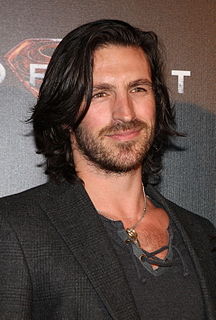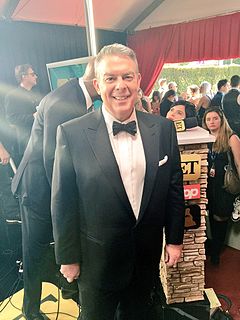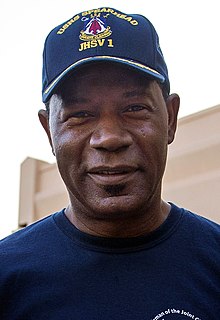A Quote by Linus Torvalds
I really never wanted to do source control management at all and felt that it was just about the least interesting thing in the computing world .
Quote Topics
Related Quotes
When I was a kid--10, 11, 12, 13--the thing I wanted most in the world was a best friend. I wanted to be important to people; to have people that understood me. I wanted to just be close to somebody. And back then, a thought would go through my head almost constantly: "There's never gonna be a room someplace where there's a group of people sitting around, having fun, hanging out, where one of them goes, 'You know what would be great? We should call Fiona. Yeah, that would be good.' That'll never happen. There's nothing interesting about me." I just felt like I was a sad little boring thing.
It felt really nice to not have anybody talking about numbers, and no one is talking about ratings. From my experience, it felt like there was one person running the ship and it felt like there was space for Jenji to be at the helm. That's not what I've experienced in television before. It felt more akin to an interesting movie, where there were producers who were really excited by the work and wanted to make space for the director's vision to be sort of shared with an audience. It felt more cohesive.
I think stupidity in business is really an interesting thing. What winds up happening is a disconnect between your company's strategic management and then your more applied on-the-street management. I guarantee with you that the board of directors of most companies has no idea what the costs of hiring people really is in the HR department.
I didn't worry about my career ending, but there were days where I felt pretty beat up by it all and just pretty tired, because they didn't make it easy for me. And coming right off the last lawsuit, it was the last thing I wanted to get involved in. When it was over, we didn't really celebrate, we were just exhausted. I lost all interest in the record business and never wanted to do anything except hand in a record again.
It's really quite an interesting dynamic. I wanted to play to the truth of who Manute was in the first film, while it's also a prequel and the originator [of the story]. It was an interesting dynamic to work with, definitely. I haven't seen the film yet, but the way it felt when I was doing it, it felt like it worked.
I have a general feeling that writers and artists who are in this peculiar situation, of being a persecuted artist, all anyone ever asks about is the persecution. It may well be that's the last thing in the world they want to talk about. There were many years in which every journalist in the world wanted to talk to me, but nobody wanted to talk to me about my work. That felt deeply frustrating because I felt there was an attempt to stifle me as an artist. The best revenge I could have was to write.
I was an adjunct. I never got tenure, never had it. I was a professor, though. But I never got tenure. I never really wanted tenure, to tell you the truth. Really wasn't - the guys who got - the tenured people were some of, like, the least interesting. And they were people I didn't really like very much anyway.




